On November 19, 1863, President Lincoln’s visit to Gettysburg was a whirlwind affair, lasting just 24 hours, yet packed with a relentless schedule. Despite retiring to bed late, Lincoln rose early on the 19th, embarking on a guided tour of the battlefield. The pivotal dedication ceremony commenced at 11:00 am, stretching over several hours, though Lincoln’s direct participation spanned a mere three minutes. Following this solemn event, he attended church services and indulged in a late luncheon before boarding the train bound for Washington.
What remains relatively obscure about Lincoln’s Gettysburg sojourn is that he was in the early stages of a bout with smallpox. During the dedication, Lincoln displayed visible signs of illness – weakness, dizziness, and a ghastly pallor, as recounted by a reporter. By the time he embarked on the return journey to Washington, his condition had worsened. He grappled with fever, severe headaches, and agonizing back pain. His devoted valet, William Johnson, stood vigil during the arduous six-hour train ride, offering respite by gently cooling the president’s feverish face with a damp cloth.
Upon his return to the White House, Lincoln confined himself to his bed. The fever and weakness persisted relentlessly, with a crimson rash emerging on the fourth day of symptoms, eventually giving way to scattered blisters the following day. His physician delivered the grim diagnosis – smallpox. This insidious illness incapacitated Lincoln for the ensuing 25 days, curtailing his official duties. By the tenth day, the fever receded, and the rash began to itch and peel. Lingering weakness proved the most tenacious ailment, but by December 15, he managed to muster a few hours of work and even ventured to Ford’s Theater for a play. A month later, on January 12, 1864, reports surfaced that Lincoln had regained much of his former vitality, albeit marked by noticeable weight loss.
William Henry Johnson, often referred to as simply William Johnson, played a crucial yet often overlooked role in President Lincoln’s life during his tenure as his personal valet. Born in the March 1833, Johnson was an African American man who lived in Washington, D.C. He became a trusted and valued member of Lincoln’s household staff during a tumultuous period in American history. Johnson’s duties extended far beyond the typical responsibilities of a valet. He not only attended to Lincoln’s personal needs but also served as a confidant and a source of comfort during the president’s challenging moments. Their close relationship was forged through shared experiences and the unique bond that often develops between a leader and those who serve them closely.
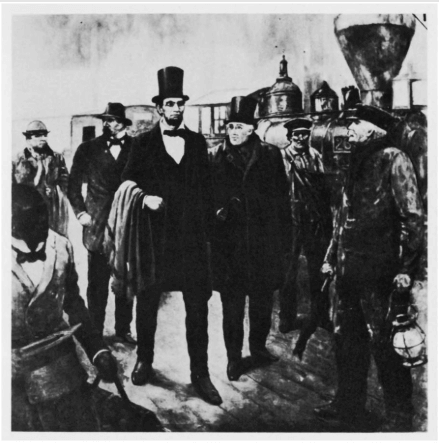
William Johnson’s unwavering commitment to President Lincoln, even at the cost of his own health and life, stands as a poignant testament to the deep connections that can form between individuals in times of adversity. While history often focuses on the actions of the prominent figures of the era, it’s important to remember and honor the contributions of individuals like William Henry Johnson, whose loyalty and sacrifice played an integral part in shaping the course of American history.

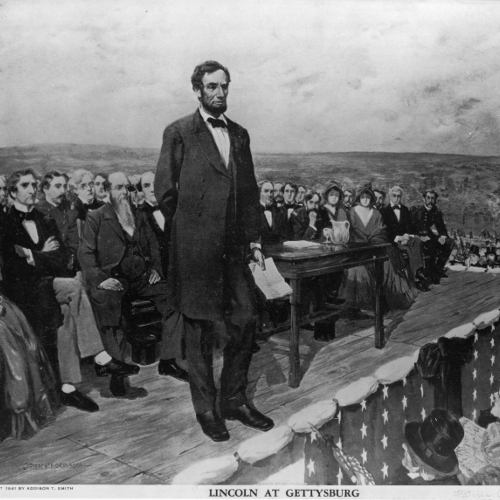
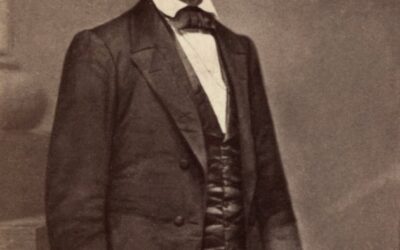
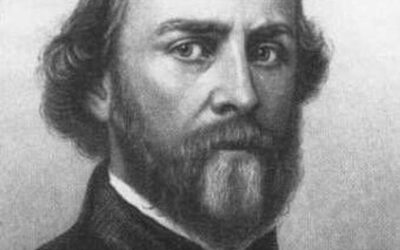
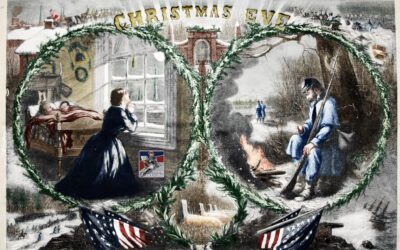
0 Comments